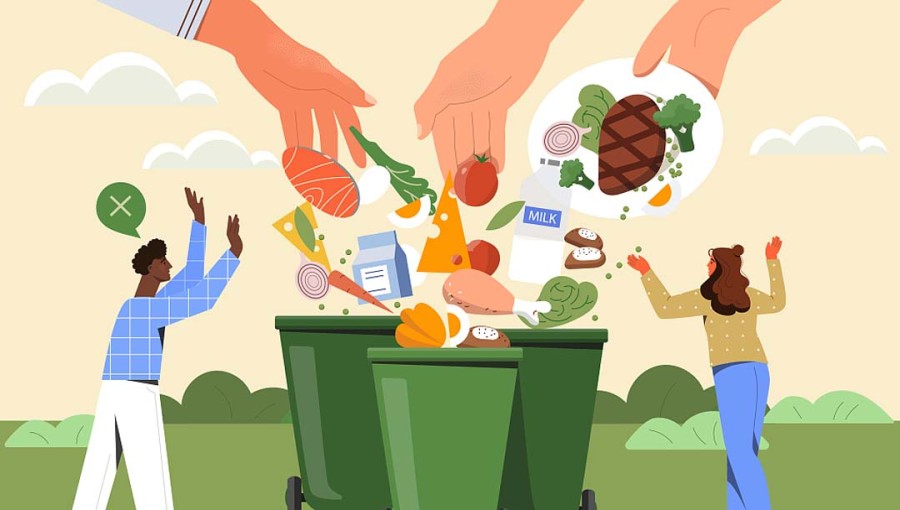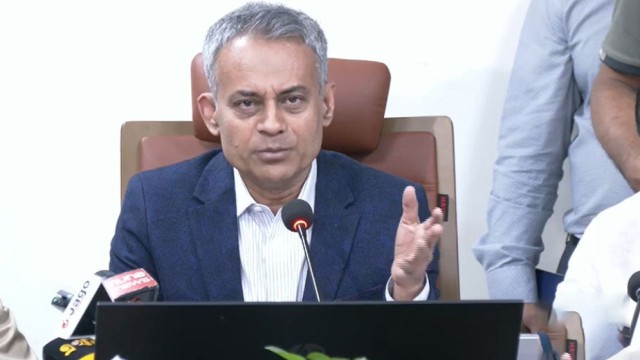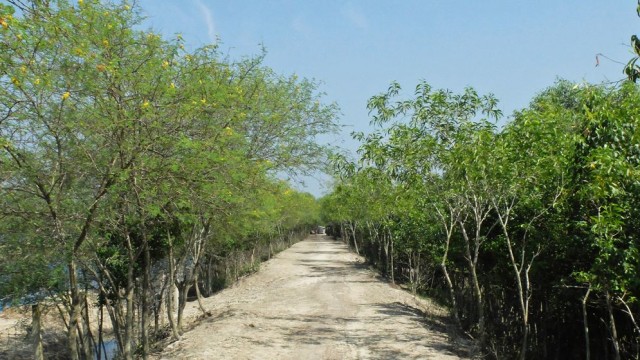A recent report from the United Nations Environment Program (UNEP) reveals that Bangladeshis waste a staggering 82kg of food annually, surpassing the food wastage of individuals in affluent nations like the USA (73kg), Russia (33kg), and China (76kg).
The "Food Waste Index Report 2024," released by UNEP in Nairobi, highlights that households in Bangladesh discard approximately 14.10 million tons of food each year. Compared to the 2021 report, which cited 65kg of annual food waste per person in Bangladesh, this year's figures signify an alarming increase, now totaling 10.62 million tons of household food waste in the country.
Among South Asian countries, India registers 55kg of annual food waste per person, while Sri Lanka and Bangladesh stand at 76kg. Pakistan reports 130kg, Afghanistan 127kg, and Nepal 93kg. Remarkably, Maldives tops the list with 207kg of food waste per person annually, whereas Bhutan exhibits the lowest rate at 19kg per person annually.
The consequences of food waste extend beyond individual households, contributing to an estimated 8–10% of global greenhouse gas emissions and occupying nearly 30% of the world's agricultural land. Despite efforts to address this issue, the report underscores the need for enhanced data collection and implementation of best practices to curb food waste globally.
The report underscores the severity of the food waste crisis, as $1 trillion worth of food is squandered annually, exacerbating hunger and food insecurity for millions worldwide. UNEP Executive Director Inger Andersen emphasizes that food waste not only poses a significant development challenge but also incurs substantial environmental and wildlife costs.
Contrary to the perception of food waste being confined to affluent nations, the report reveals that household food waste levels vary only marginally across high-income, upper-middle, and lower-middle-income countries, underscoring the global scale of the issue.



























Comment: